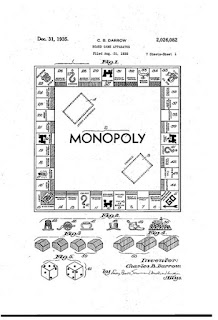My wife Shannon and I manage our household cash flow use an old copy of the desktop software application Quicken. Instead of entering our transactions as we go, we enter our anticipated credits and debits for up to a year in advance. If our account balance goes negative in the future, Quicken shows the balance as red which alerts us ahead of time that we will need to shuffle some cash around.
Quicken software is probably overkill for this purpose so I am not sure that we can endorse it, especially since we are not using the current version. I am guessing you could instead use a spreadsheet for this purpose. The main point is that you want to be able to see in time to do something about it whether buying something today will make your balance dip below zero in the future.
As much as possible, we use our two percent cashback credit card and our five percent cashback Amazon.com store card for our bills and purchases. To avoid paying interest, we pay them both off in full every month. For budgeting purposes, we assume that our future credit card bills will be the average of our recent past credit card bills.
Keeping track of our household cash flow at this level of detail permits us to do some things with our money that require careful timing. We can ensure that we can make our
Health Savings Account contribution just before we file our taxes so that we can take the maximum deduction. We can also set aside money to pay off a credit card in full just as the zero percent introductory rate ends.
Juggling debt by transferring balances from one credit card to another to take advantage of introductory rates is risky because when one introductory rate ends there might not be a new credit card offer. One could be stuck paying interest rates at levels that in the past would have been considered usurious. The only way to play this game successfully is to be able to accurately forecast whether you will have enough cash in the bank to pay off the credit card in full if you need to when the introductory rate ends.
When I have recommended this kind of long-term budgeting at the detailed individual transaction level to family and friends in the past, a couple of folks with irregular earnings and expenses have objected to me that they would not like to do this because it would just show them that they do not have enough income to meet their outgo. I find that in these cases you can enter a predicted deposit with the label "magic" for the amount that you need to keep things from going in the red. Knowing in advance how much your shortfall is somehow seems to make things work out right, possibly because you now know what to do with the unanticipated check that shows up in the mail.





